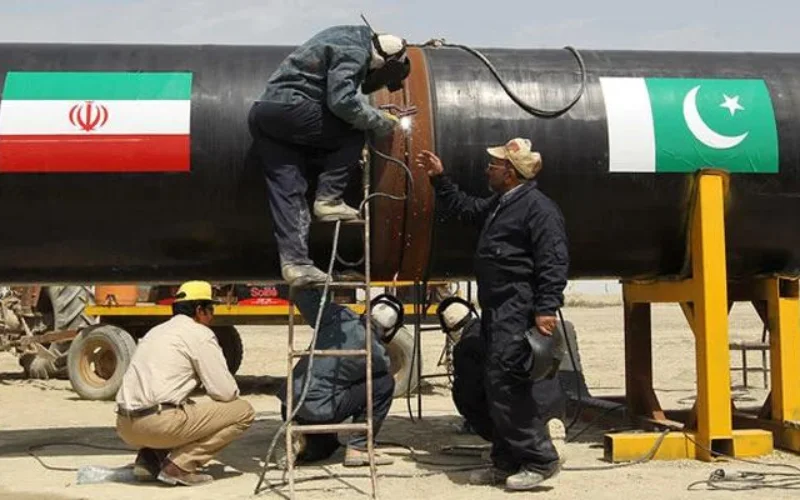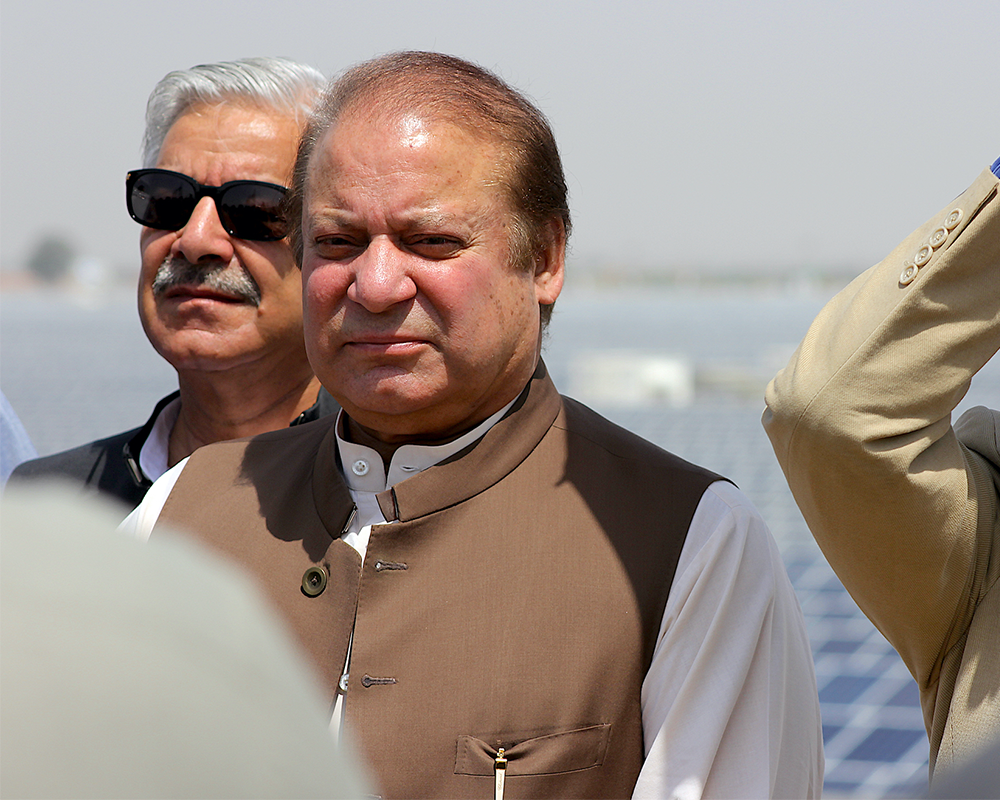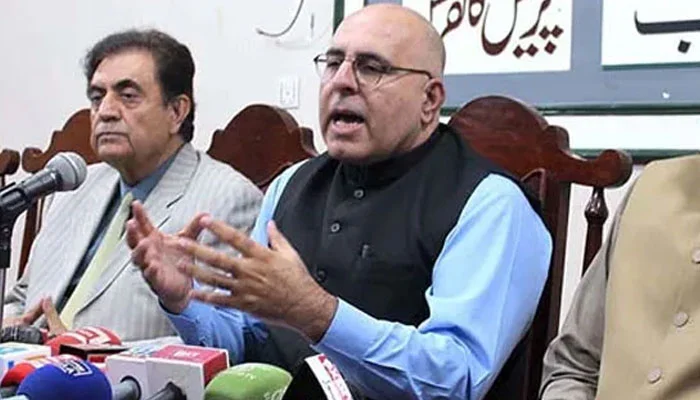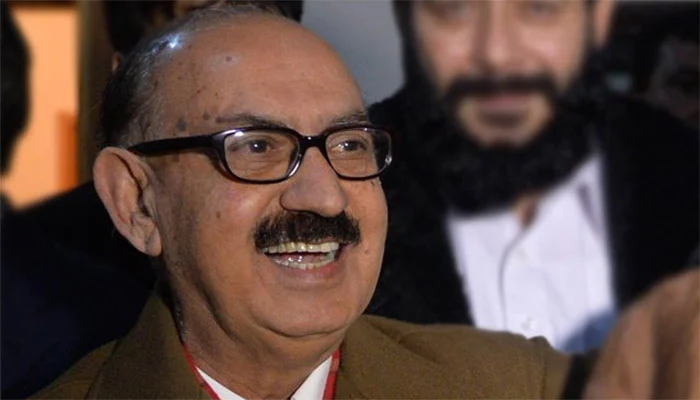Pakistan is actively engaged in diplomatic efforts to dissuade Iran from pursuing international arbitration over a critical gas pipeline project connecting the two nations. This comes in response to recent media reports indicating a potential cancellation of the project.
Officials in Pakistan are formulating a strategy to restructure the Iran-Pakistan (IP) gas pipeline project, aiming to sidestep potential US sanctions and an $18 billion penalty demanded by Iran. Under this revised approach, Pakistan may opt not to directly procure gas from Iran but instead explore avenues such as involving a third party or a nation with greater diplomatic influence to circumvent US sanctions. Both Pakistan and Iran are collaboratively seeking innovative solutions to ensure the project proceeds, with a deadline set until March 2024 to finalize the agreement.
Pakistan underscores the significance of this gas supply for its energy security, contradicting earlier reports that suggested abandonment of the project due to apprehensions about US sanctions. Iran is also committed to the project’s completion, asserting that it serves the national interests of both countries.
The efforts to restructure the project stem from Iran’s request for Pakistan to construct a segment of the gas pipeline on its territory by February-March 2024, failing which Pakistan would face an $18 billion penalty. The Gas Sales Purchase Agreement (GSPA) for this venture was originally inked in 2009 for a 25-year term but encountered various delays.
As per the original agreement, Pakistan would have been liable to pay Iran $1 million per day starting from January 1, 2015, as a penalty, with the possibility of even higher penalties should Iran escalate the matter to arbitration. The project’s initial completion date was set for December 2014 but experienced significant delays.
In a bid to assess the potential repercussions of US sanctions, Pakistan has sought to establish contact with the US embassy but has yet to receive a response. Consequently, the Attorney General’s Office (AGO) has been tasked with reaching out to pertinent US departments to gain clarity on the possible consequences of project completion.
Meanwhile, Pakistani authorities are actively exploring options to engage a third party or a diplomatically influential nation in the project, with the objective of ensuring its successful culmination while avoiding the hurdles posed by US sanctions. This approach involves procuring gas from this intermediary source to secure a stable and uninterrupted gas supply.



